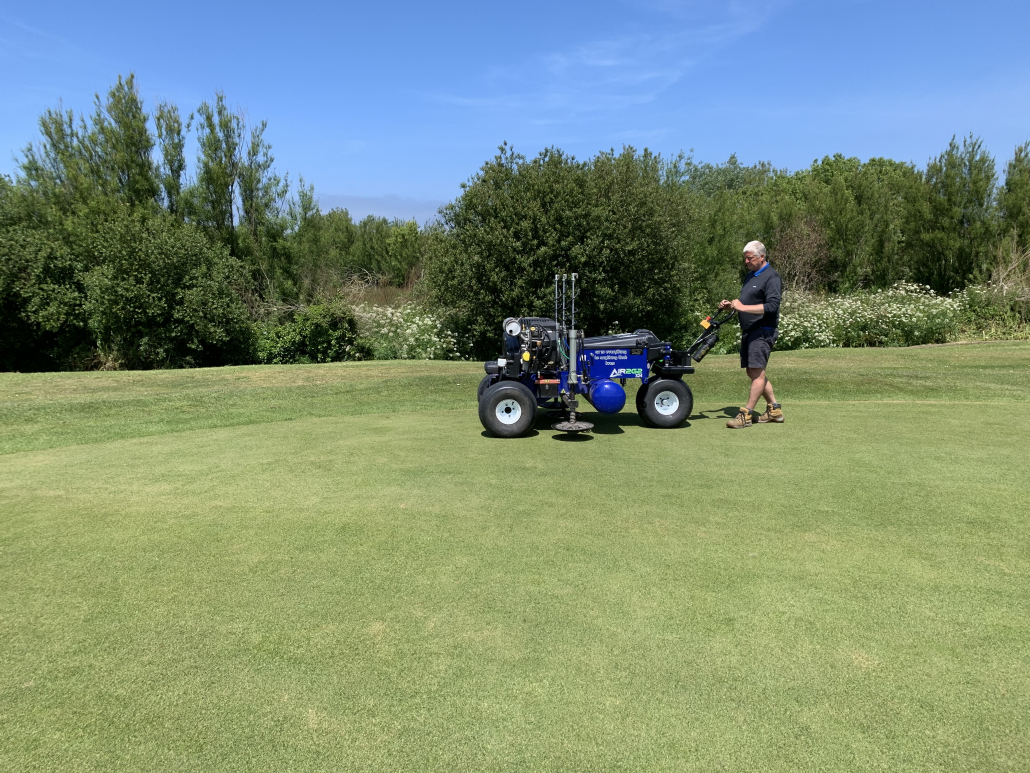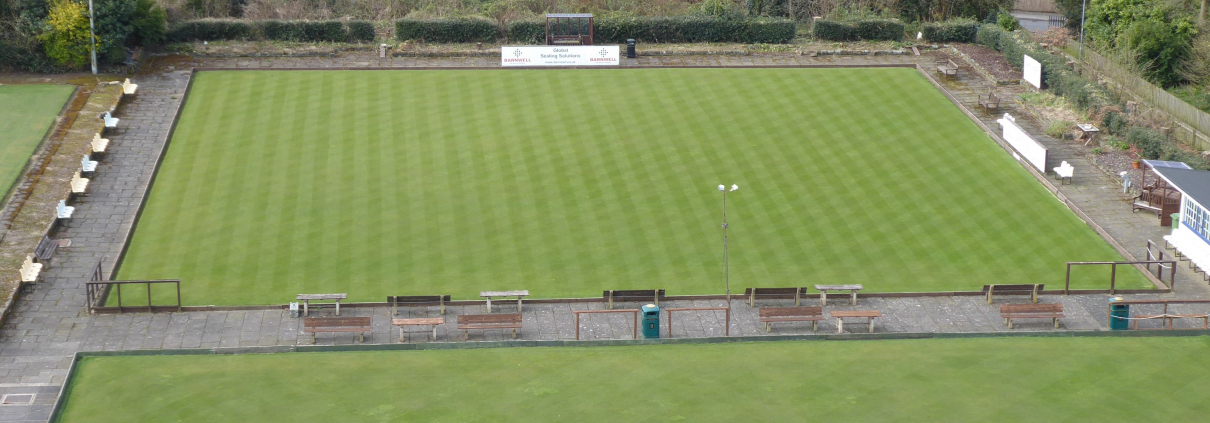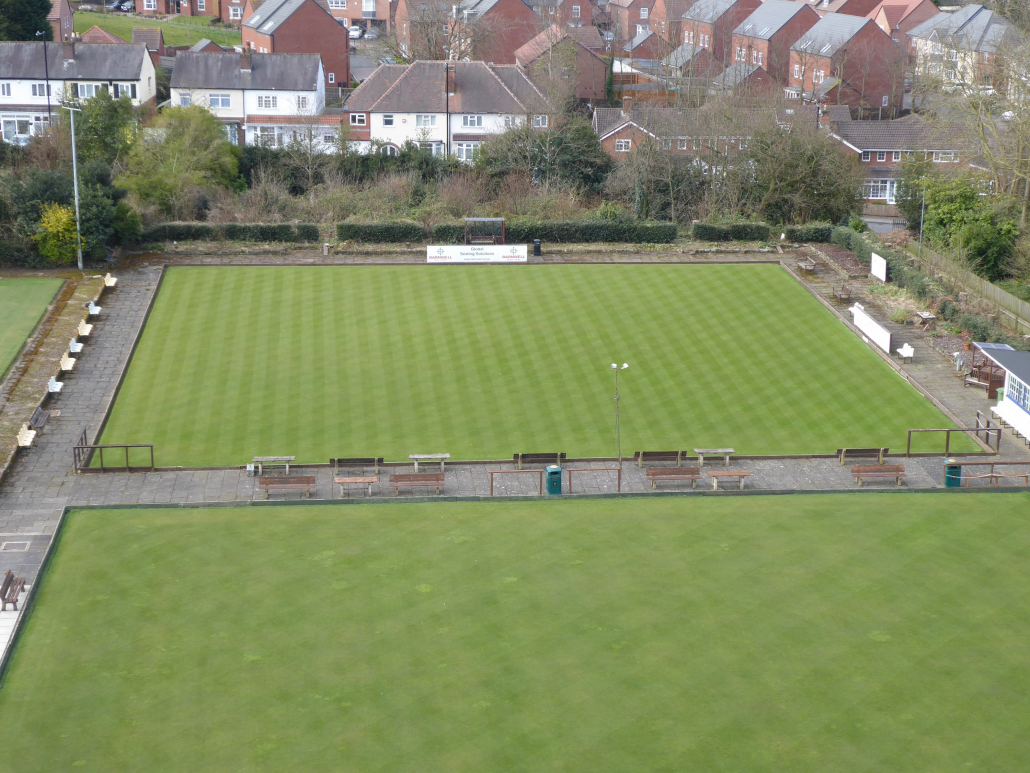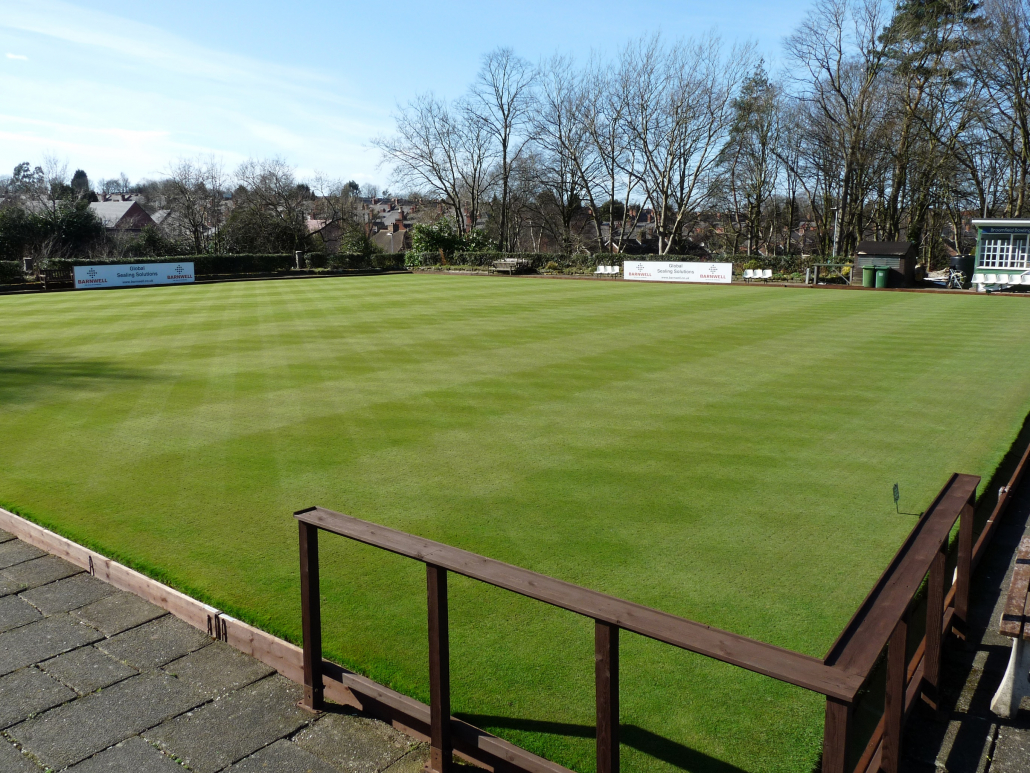Back to work with ECHO
Back to work with ECHO: As the virus lockdown restrictions are gradually lifted and the groundscare, landscaping and arboricultural businesses return to work it’s a good time to review the tools you’re using. Over the past few months, air pollution has been substantially reduced and it’s not just because there have been fewer vehicles on the roads.
Any form of internal combustion engine contributes to pollution including two-stroke power tools. A round-up of ECHO outdoor power tools introduced this year reflect the move to low and zero pollution solutions for all types of work from forestry to groundscare and gardening, both professional and domestic.

Back to work with ECHO
Early in the year saw the introduction of the CS-621SX, the latest chainsaw in the ECHO X Series of ‘Best in Class’ products which aim to be industry-leading in terms of power and performance. The CS-621SX boasts a new 59.8cc low emission, professional-grade 2-stroke ECHO engine, designed and manufactured in Japan. The saw is packed with advanced features to help the commercial operator power through their work. For a heavy-duty saw, it is surprisingly lightweight at only 6.3kg (dry weight) but that doesn’t take anything away from its cutting performance, which exceeds that of many higher capacity machines.
ECHO also launched the world’s first chainsaw with Auto Choke this year, the CS-352AC, an all-round rear handle chainsaw with the patented Auto Choke feature enabling quicker, easier and safer starting. All that’s needed is one pull, regardless of the engine temperature, and the chainsaw starts first time – without the risk of flooding the engine.
Taking low emissions to another level is the ECHO range of three domestic and semi-professional double-sided hedgetrimmers: the HC-2020, the HC-2020R and the HC-2320. Each features the latest ECHO low emission engine, improved ergonomics with better balance and lighter weight, ideal for tackling small to medium-size domestic and professional jobs.
For the tree care professionals and arborists, there is the ECHO DCS-2500T, the first battery-powered top handle chainsaw with its 50V Lithium-ion battery generating the same power and cutting performance as its equivalent petrol packing chainsaw. All with low vibration and without the noise and emissions. The DCS-2500T is part of a range of ECHO 50V battery-powered tools where one battery fits all.
All in all, there’s a lot of innovation from ECHO and much of it, they point out, at very competitive prices so it’s worth a good look to get you back to work with new eco-friendly alternatives. You can find out more from your local authorised ECHO dealer. You can also visit www.echo-tools.co.uk or call 01844 278800 for more information.
For the latest industry news visit turfmatters.co.uk/news
Get all of the big headlines, pictures, opinions and videos on stories that matter to you.
Follow us on Twitter and Instagram for fun, fresh and engaging content.
You can also find us on Facebook for more of your must-see news, features, videos and pictures from Turf Matters.
















